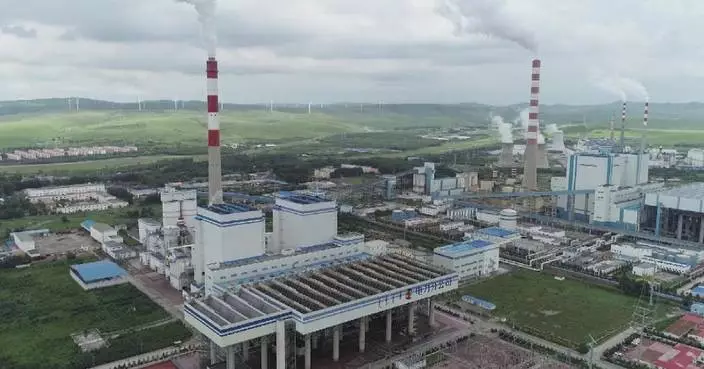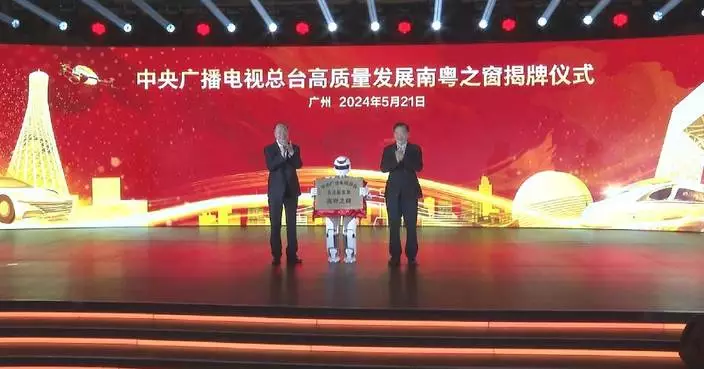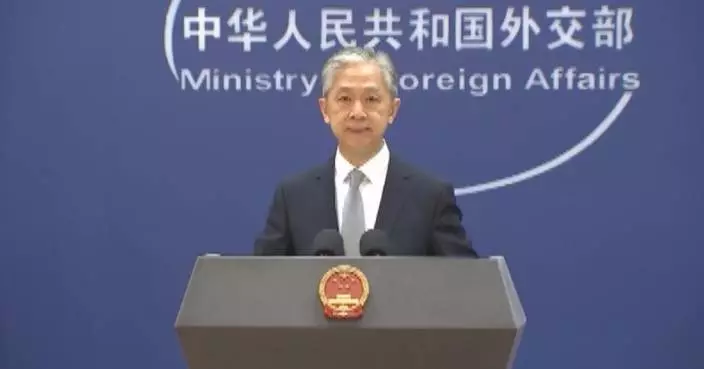The U.S. "overcapacity" rhetoric serves as disguise for its attempt to curb China's high-quality development and progress in sci-tech industry, said Lin Jian, a spokesman of the Chinese Foreign Ministry, on Tuesday, in response to U.S. Secretary of State Antony Blinken's so-called concerns over China's industrial capacity.
At a regular press briefing in Beijing, Lin questioned Blinken's motive by labeling China with 'overcapacity' and pointed out U.S.'s anxiety stemming from lack of confidence.
"All countries produce and export products of their comparative advantage and this is the nature of international trade. If a country should be accused of overcapacity and asked to cut capacity whenever it produces more than its domestic demand, then what would countries trade with? If exporting 12 percent of Chinese-made EVs is called overcapacity, then what about Germany, Japan and the U.S. who export 80, 50 and 25 percent respectively of their automobiles? Wouldn't that be considered more serious overcapacity? Let's not forget that according to the statistics of the International Energy Agency, to realize carbon neutrality, the world will need 45 million NEVs by 2030, 4.5 times that of the demand of 2022. When the global capacity is still far below the market demand, how could there be 'overcapacity'?" Lin questioned.
"The U.S. knows fully well that this 'overcapacity' allegation is against economic common sense and industry facts, yet still labels China with it. The U.S. notion of 'China overcapacity' is not a market-driven conclusion, but a crafted narrative to manipulate perception and politicize trade. The real purpose is to hold back China's high-quality development and deprive China of its legitimate right to development. There isn't a 'China overcapacity', but a U.S. overcapacity of anxiety stemming from lack of confidence and smears against China," he said.
The spokesman urged the U.S. to honor its commitments and to stop deliberately targeting China's new energy industry.
"The U.S. said it does not seek to contain China's economy or bar China's progress in science and technology. We urge the U.S. to honor those words, and stop spreading the false 'overcapacity' narrative, stop going after China's new energy sector with unfair and non-market means, and stop impeding the global effort to achieve green transition and development," he said.

'Overcapacity' rhetoric serves as disguise for US attempt to curb China's new energy industry: spokesman









